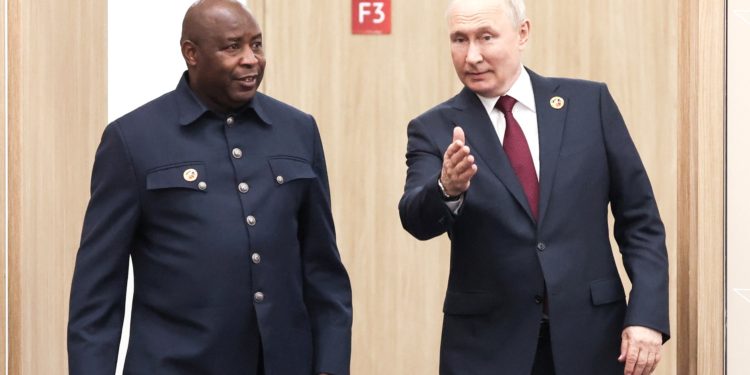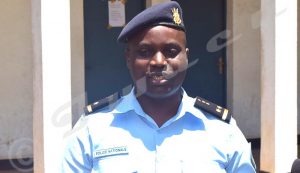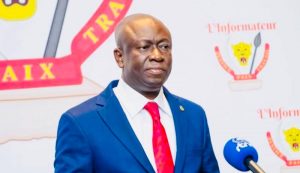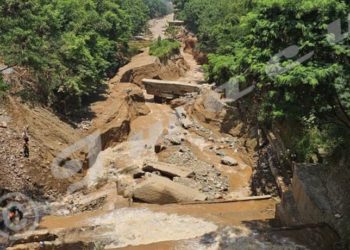By CHIMPREPORTS
Russian President Vladimir Putin is expected to travel to Burundi and Equatorial Guinea in 2024.
This was revealed by Russian news agency, Sputnik Africa.
“Where is President Putin expected in 2024? Among the series of foreign visits to be made, two would target Africa: Burundi and Equatorial Guinea,” said the news agency this past Saturday.
In July 2023, Burundian President Evariste Ndayishimiye, who was attending the Russia-Africa summit, invited his Russian counterpart Vladimir Putin to pay a visit to his country.
Putin’s trip to Burundi will be historic as it will be the first time he is setting foot in East Africa since he became President in 2001.
President Putin has visited only five African countries – Libya, Algeria, Morocco, Egypt and South Africa.
However, Putin last year said the comprehensive development of relations with African countries in politics, in security, and in the trade, economic and humanitarian spheres is an invariable priority of Russian foreign policy.
Russia, which has been isolated and sanctioned by the West over its war against Ukraine, has been deepening ties with Burundi over the past few years.
In 2023, Russian Foreign Minister Serge Lavrov became the first foreign minister of Russia to visit Burundi.
Earlier, in February, Burundi was visited by Anna Popova, Head of the Federal Service for the Oversight of Consumer Protection and Welfare (Rospotrebnadzor).
In the course of the bilateral cooperation, Russia has trained 4,500 specialists from Burundi. 84 students were in 2023 studying in Russia before the government quota was increased to 100 sponsorships.
During Putin’s meeting with Ndayishimiye last year, the Burundian leader hailed the Russian Government’s “adherence to the principle of non-interference and its support for our national sovereignty during the diplomatic and political aggression of some countries against Burundi.”
In 2015, Russia and China blocked a French-drafted council statement on the situation in Burundi, where protestors challenged then President Pierre Nkurunziza’s decision to seek a third term.
Russian U.N. Ambassador Vitaly Churkin told reporters in New York, “it’s not the business of the Security Council and the U.N. Charter to get involved in constitutional matters of sovereign states.”
Nuclear energy
Burundi and Russia also signed a Memorandum on cooperation in the field of peaceful atomic energy, allowing the initiation of specific projects in a wide range of areas.
These include assisting in the establishment and improvement of Burundi’s nuclear infrastructure; legal regulation in nuclear and radiation safety; conducting fundamental and applied research in the area of peaceful atomic energy; radioisotopes production and its application in the industry, medicine, and agriculture; cooperation on radiation technologies and nuclear medicine; personnel training and specialists education for the nuclear industry.
The agreement also entails the creation of a joint coordination committee; specific projects implementation and scientific research conducting; exchange of experts, arranging seminars and conferences; support in scientific and technical personnel training; exchange of scientific and technical information, and supply of equipment, materials, and components.
Prior to the signing of the agreement, a technical tour was conducted for the Burundian delegation, led by Ndayishimiye, to the flagship Gen 3+ project of Russia’s nuclear industry – the Leningrad Nuclear Power Plant.
Burundi has vast resources of rare reserves of uranium needed for the development of nuclear industries.
Other untapped natural resources include vanadium which is used as a steel additive in the manufacturing of armour plates, piston rods and crankshafts; copper, cobalt and gold among others.
Burundi also has one of the largest global reserves of nickel which is used in batteries, including rechargeable nickel-cadmium batteries and nickel-metal hydride batteries used in hybrid vehicles.
About 6 % of the global nickel reserves are in Burundi, placing it on the top 10 list of countries having significant untapped deposits of nickel. But its mining sector is still underdeveloped and dominated by artisanal mining activities.
Equatorial Guinea
Last year, Putin held talks with Equatorial Guinea President Teodoro Obiang Nguema in Moscow, where both leaders agreed to boost bilateral ties.

“The potential investment capacity is big, and your country’s capacity in developing these relations is also good,” said Putin, adding, “I am referring to the potential to do with, above all, the extraction of mineral resources.”
Equatorial Guinea, a small oil-rich central African country, is endowed with many mineral resources such as gold, diamond, uranium and gas.
President Nguema has since welcomed Russian companies for investment in his country and also thanked Russia for reopening its embassy in Equatorial Guinea.
Nguema told Putin that Russia is a traditional and strategic partner of Equatorial Guinea and the African continent, further expressing that Moscow contributed and fought for the independence of African states.
“Clearly, Africa is being heavily exploited at the moment. Africa needs to develop. More than a century has passed since Africa achieved independence, but we are still underdeveloped economically. Not because Africa cannot develop, but because our natural resources are being used – we are being exploited. And this hinders Africa’s development,” he said.







Discussion about this post